
Six unmanned water vehicle startups to watch
Water is the next frontier for drones and unmanned vehicles – here are six startups making waves.
When most people think drones, they think air. Whether it’s warfare, logistics or inspection, airborne drones are changing the way the world works.
But another quieter revolution is also taking place on, and under, the water. Some 70% of the planet is covered in it and what happens on water dictates global trade, climate and geopolitics. More startups are emerging to provide unmanned vehicles to access the subsea realm.
Sectors like defence, climate monitoring, infrastructure, inspection and maintenance, and many more are in need of these solutions.
Big players are making their moves – defence contractors like Northrup Grumman, which last year completed its Manta Yar underwater drone design, Peter Thiel’s Anduril, which has also been making some waves with water drones like Dive-LD, and plenty of later-stage startups like Helsing and Saildrone are also starting to disrupt the market.
Here are six earlier stage startups that are looking to take a piece of the rapidly growing market.
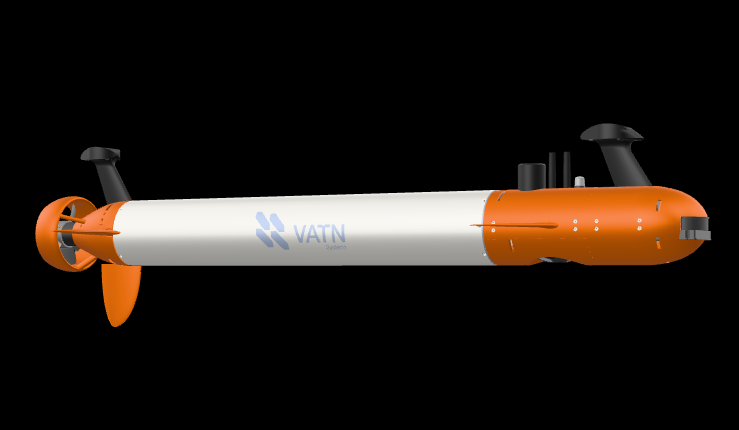
Vatn Systems
- Founding: 2023
- HQ: Rhode Island, USA
- Funding to date: $16m+
One underwater drone carrying out a task is good – multiple drones working in unison are better. Rhode Island-based Vatn Systems is developing underwater vehicles and orchestration technology that allows for them to work in swarms and in specialised defence applications.
If you’re on a navy ship, for example, and need to pass a secure message to a nearby vessel in an area where adversaries may be trying to eavesdrop on or jam communications, getting a swarm of drones to relay the message below the water line would be a good option.
Towards the end of last year, Vatn Systems raised a $13m seed round led by Dyne Ventures, which also featured big hitter defence corporate venturing units Lockheed Martin Ventures and RTX Ventures, as well as In-Q-Tel.
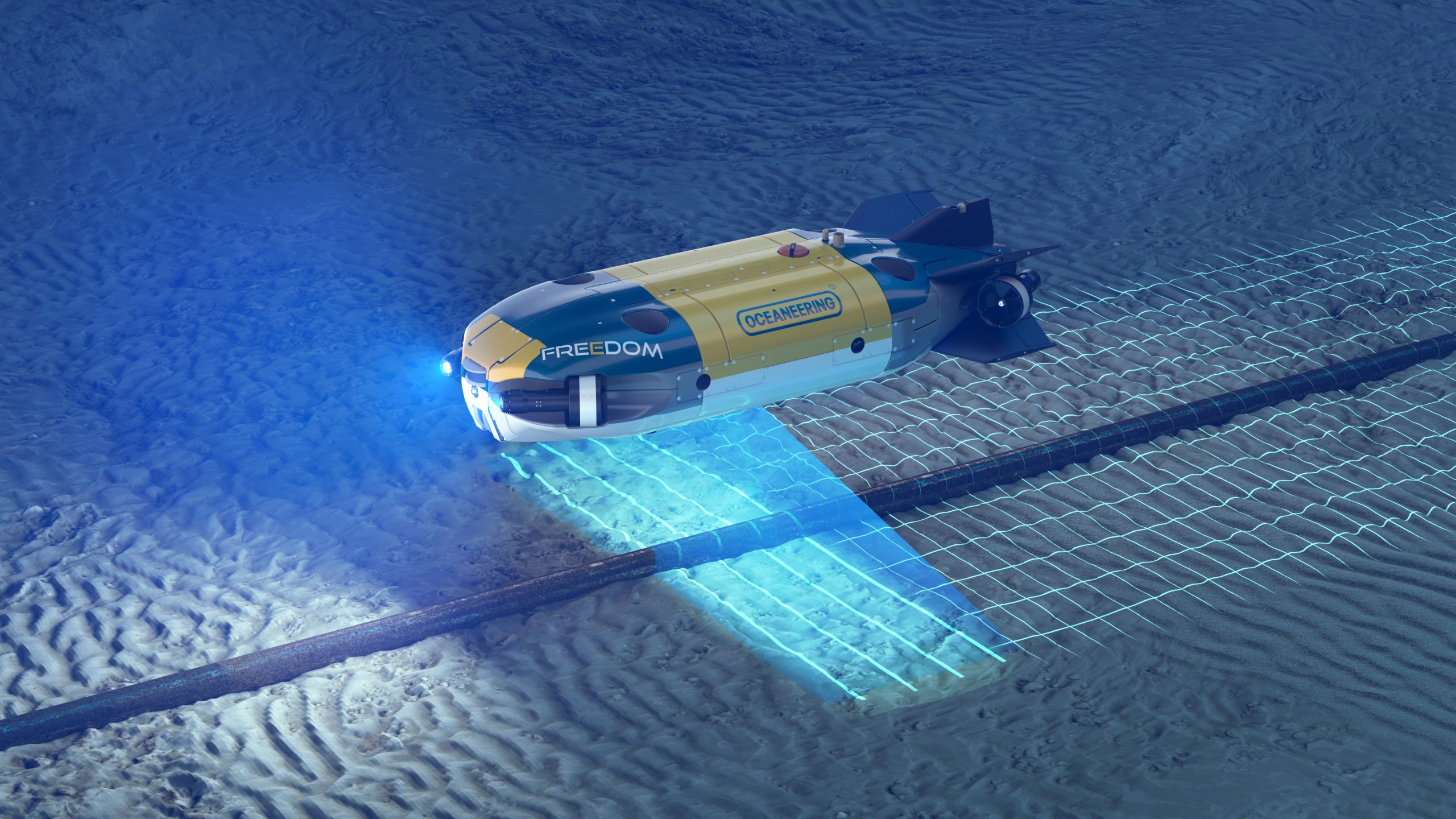
Terradepth
- Founding: 2018
- HQ: Texas, USA
- Funding to date: $28m+
It’s frequently stated that we know more about the vast and ever-expanding universe than we do about the bottom of our own ocean.
Terradepth is trying to change that.
Based in Texas, the startup is building fleets of underwater robots that can map the ocean floor, and send the accompanying hydrographic information anywhere. The autonomous drones collect the data, which is then presented through its Absolute Ocean platform, which lets users see the visualisations, analysis and lets them collaborate with it.
A range of industries, including energy – offshore wind farms need to have a good idea of what the seafloor looks like – surveying, defence and others, have constant need for ocean floor visibility.
The startup is backed by Seagate Technology Ventures the CVC arm of data storage company Seagate, which participated in its $8m seed round in 2019.
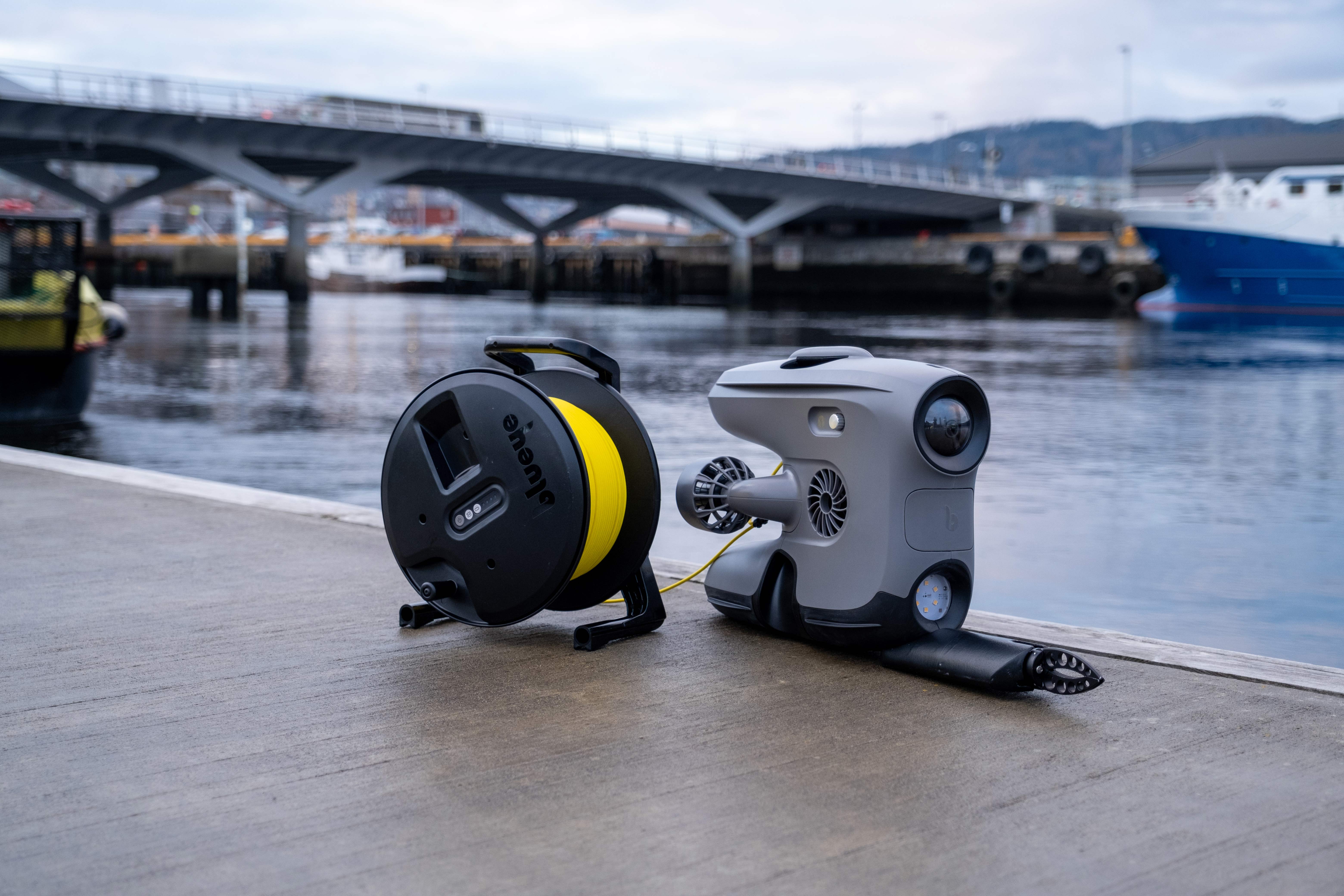
Blueye Robotics
- Founding: 2015
- HQ: Trondheim, Norway
- Funding to date: $7m
Norwegian underwater drone startup Blueye Robotics is developing a range of remotely operated vehicles (ROVs) to carry out a range of jobs across various industries.
They can be configured for anything from aquaculture – things like monitoring fish health and net conditions – to environmental monitoring and marine research, to identifying underwater threats for defence uses.
Other use cases also include inspections for shipping, construction or offshore energy, as well as search and recovery, and even to create new experiences for tourists on cruises.
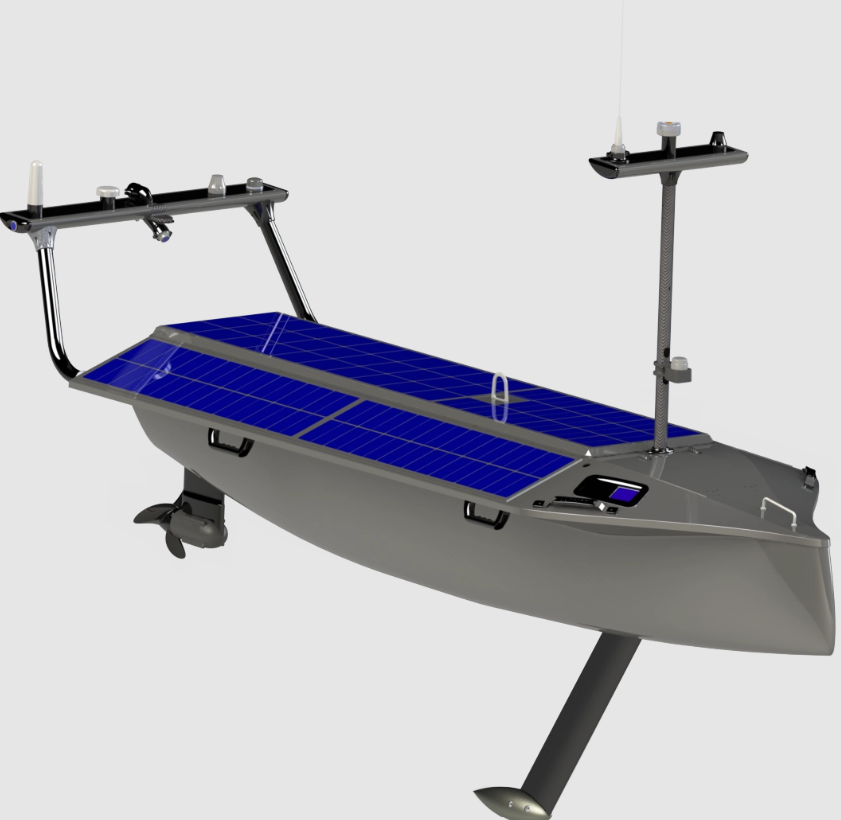
Seasats
- Founding: 2020
- HQ: San Diego, USA
- Funding to date: $30m
One disadvantage that drones have underwater is limited access to sunlight, which means less capacity for solar power. Surface drones don’t have that problem.
Seasats, a San Diego-based startup developing lightweight autonomous surface vehicles (ASVs), that can stay out, in theory, for months at a time using photovoltaic power so it can carry out tasks like tracking marine mammals, mapping undersea reefs or surface algal blooms autonomously, as well as carrying out commercial surveys for industrial clients.
It can also be configured for defence purposes, helping with intelligence, surveillance and reconnaissance at sea, as well as maritime domain awareness.
Defence technology company L3Harris invested in the startup back in 2022, citing the needs of its US Navy customers to find solutions that reliably patrol waters around the world.
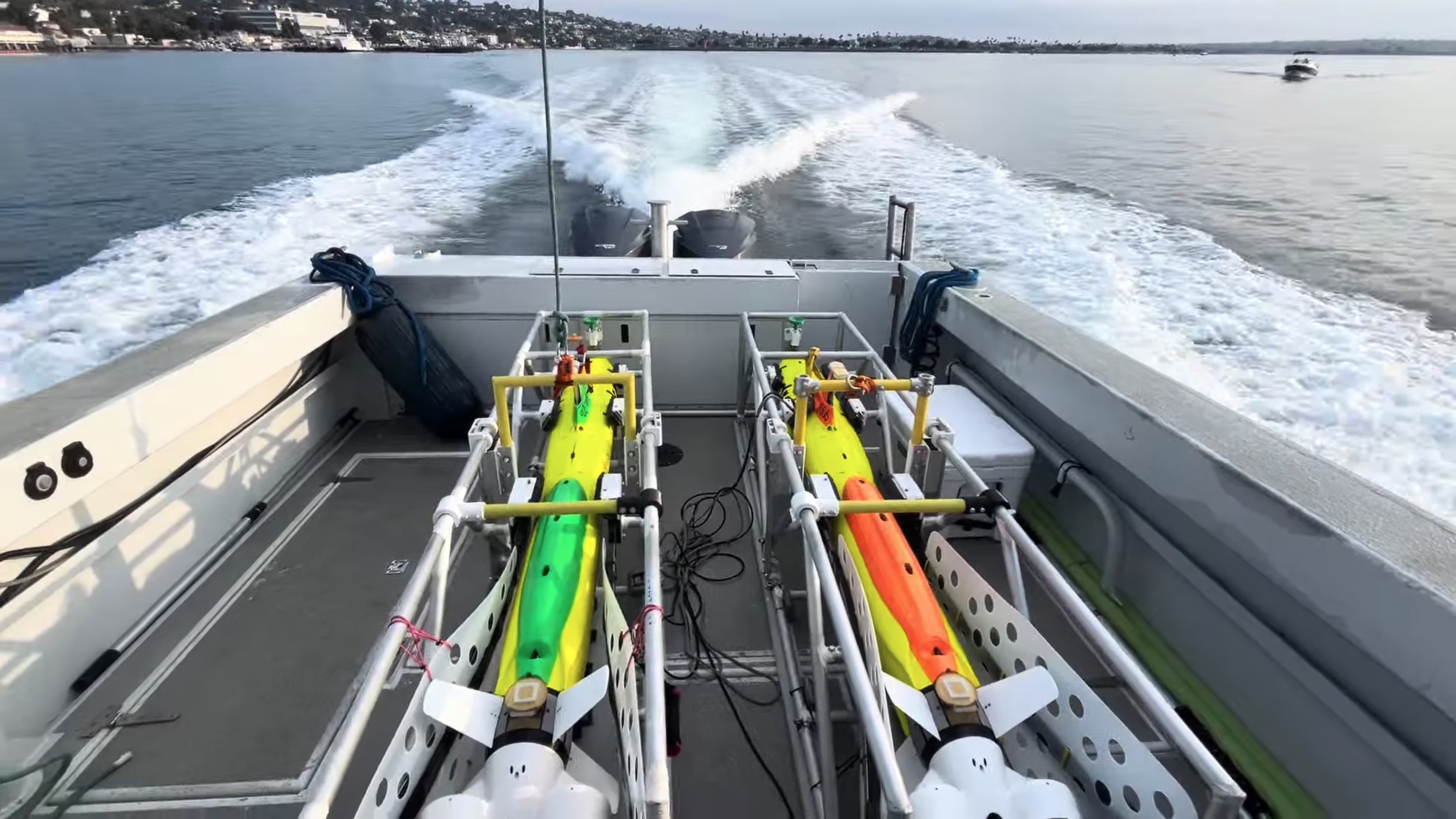
Bedrock Ocean Exploration
- Founding: 2020
- HQ: New York City, USA
- Funding to date: $60m+
Based in Brooklyn, Bedrock boasts a vertically-integrated platform capable of collecting seafloor data with autonomous fleets at a low cost, with low equipment and operational costs and low emissions.
The fully electric underwater drones, powered by lithium-ion batteries, are designed to minimise impact on the environment, while being minimally impacted by weather conditions. The collected data can be analysed and visualised onboard, allowing for near real-time data quality assessment and quick sharing of the data with clients through a cloud platform, according to the company.
Customers range from sectors like energy and infrastructure – where it can be used for inspection, maintenance or decommissioning – as well as marine research and defence applications, the latter of which can involve things like mine countermeasures, search and rescue, or intelligence, surveillance and reconnaissance.
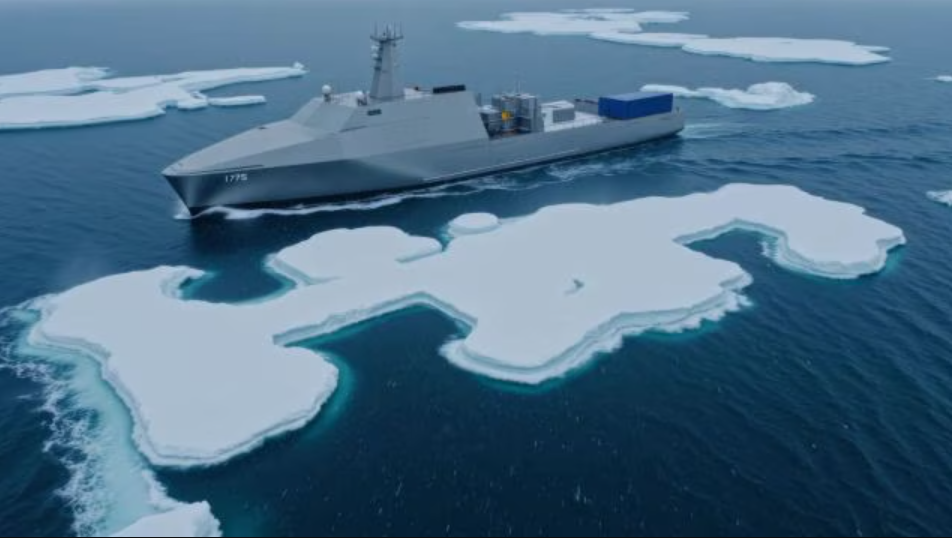
Blue Water Autonomy
- Founding: 2024
- HQ: Boston, USA
- Funding to date: $14m
Founded last year by US Navy veterans and serial entrepreneurs, Blue Water Autonomy is working to make full-sized autonomous warships capable of longevity over the open ocean – in contrast to other autonomous water vessel companies who are focused on smaller drone technology.
The startup emerged out of stealth in April with $14m in seed funding, and is looking to get its autonomous navy ships deployed alongside crewed ships, which may open the door for more commercial vessels to follow suit.
It has already carried out saltwater testing and developed concept designs for ships in its first year.
By Fernando Moncada Rivera